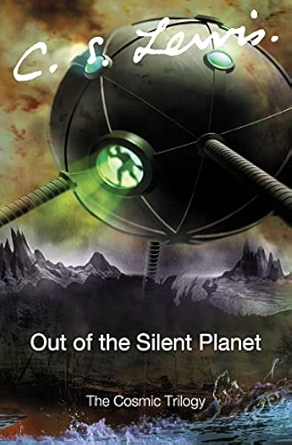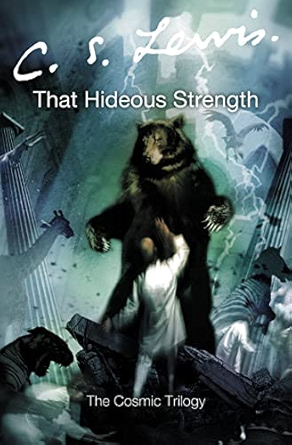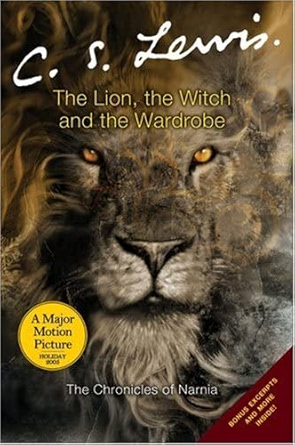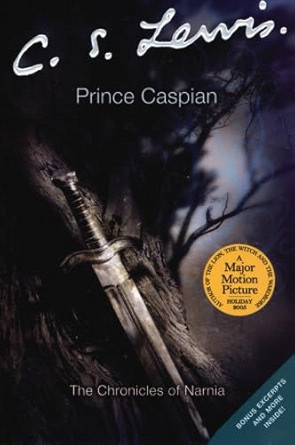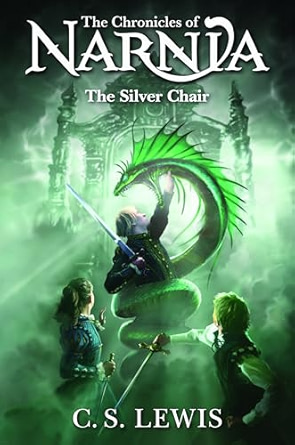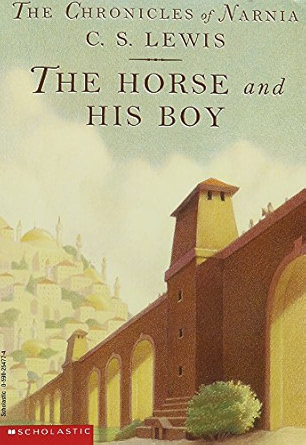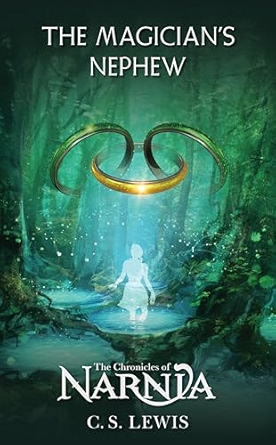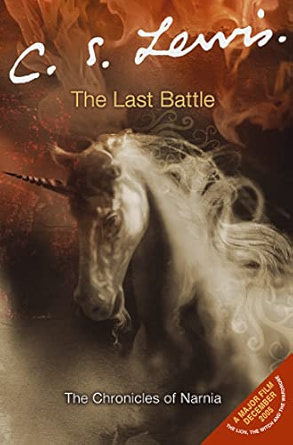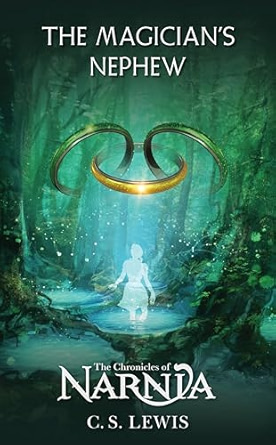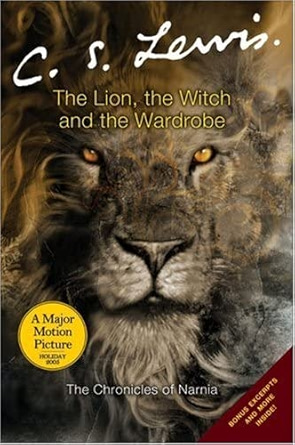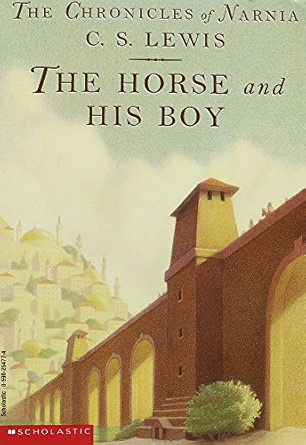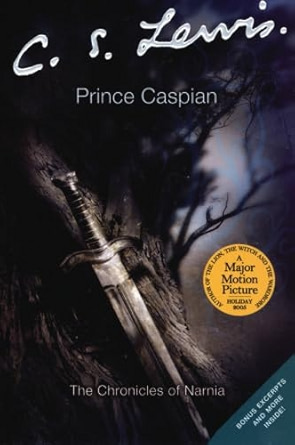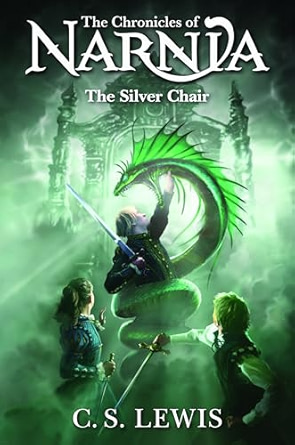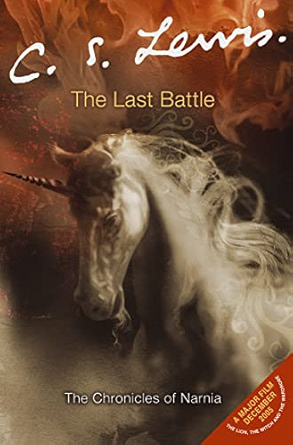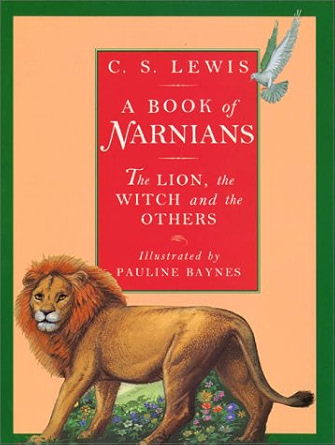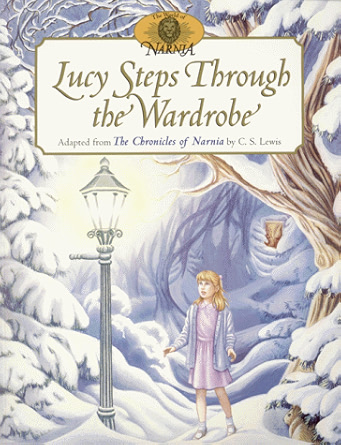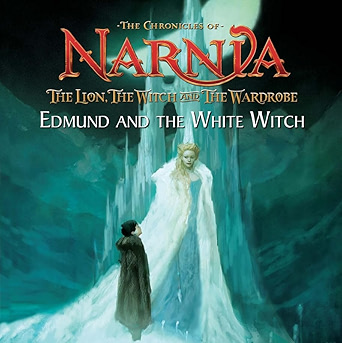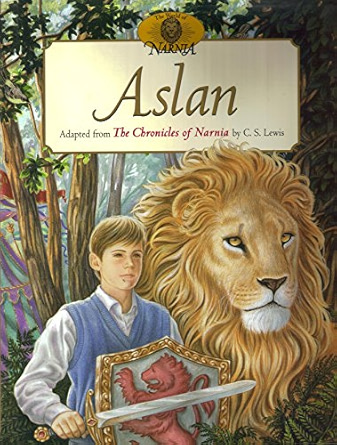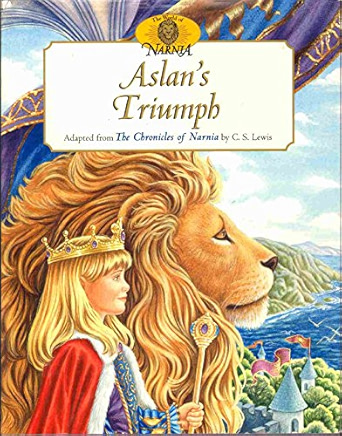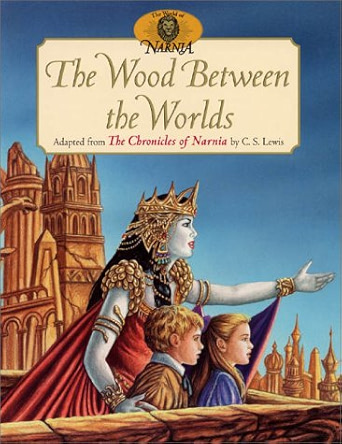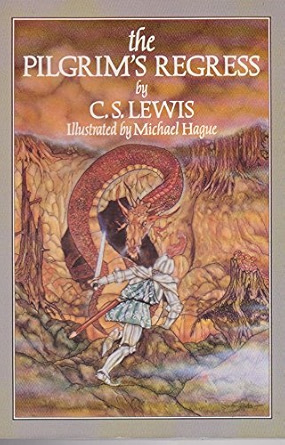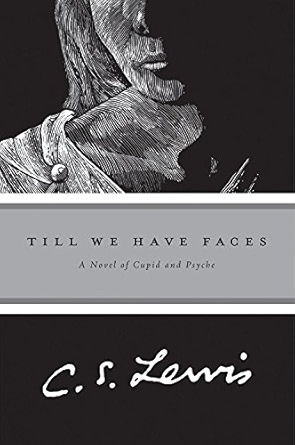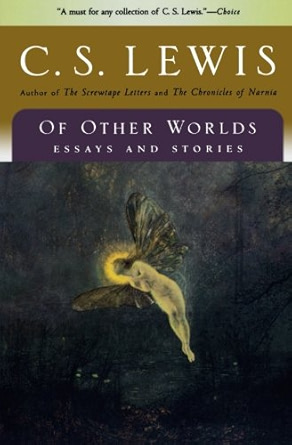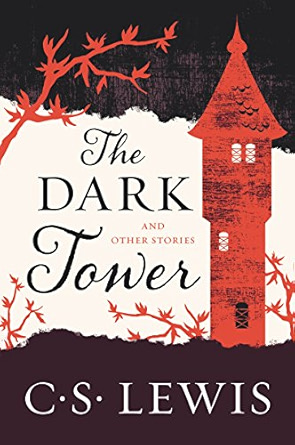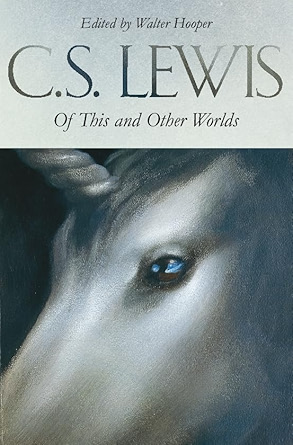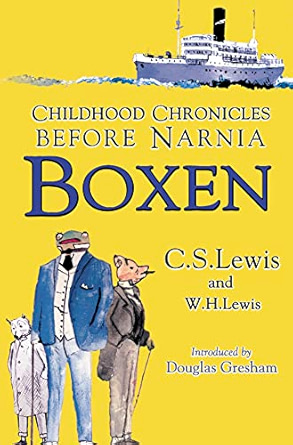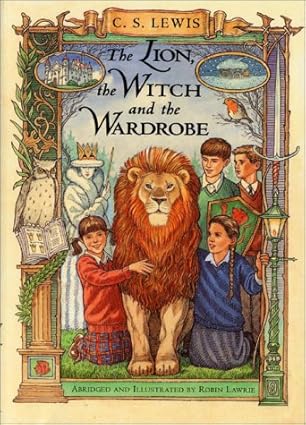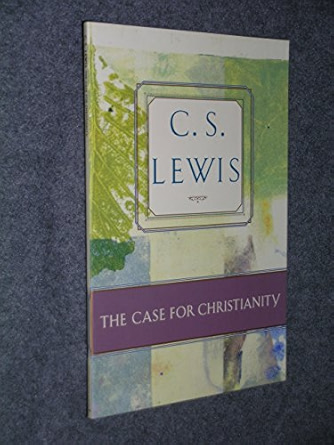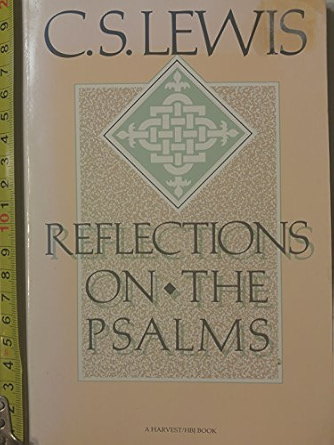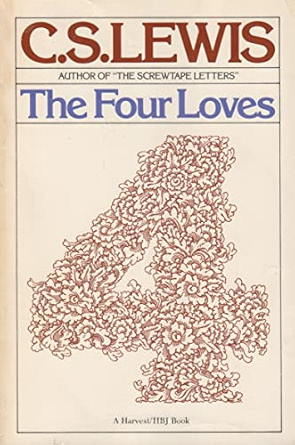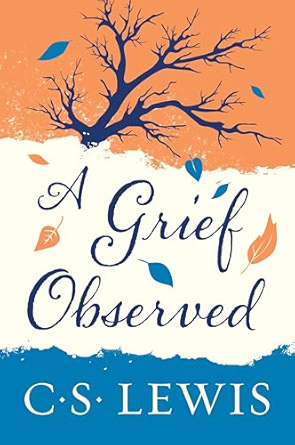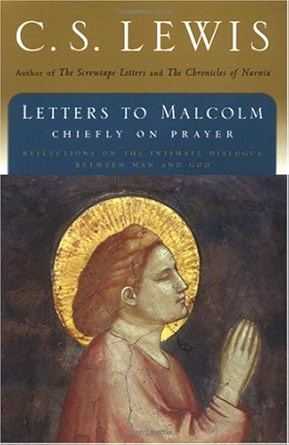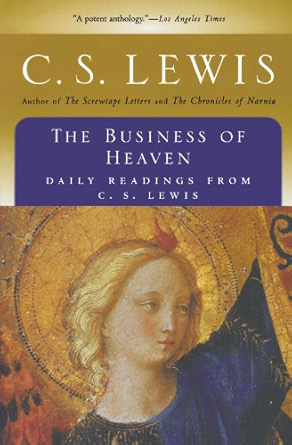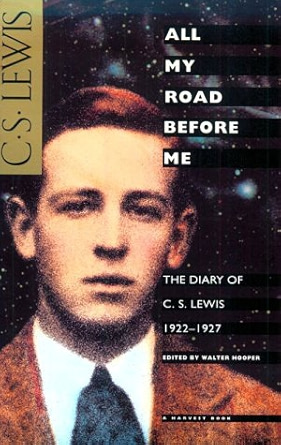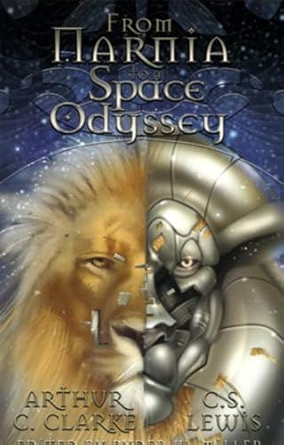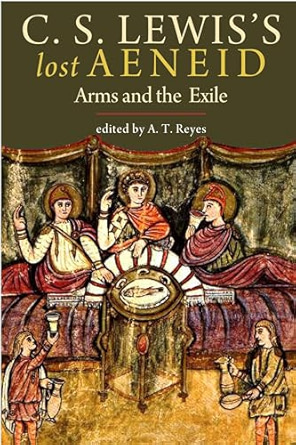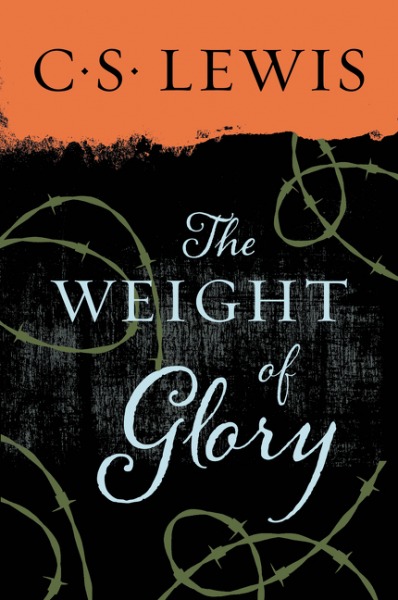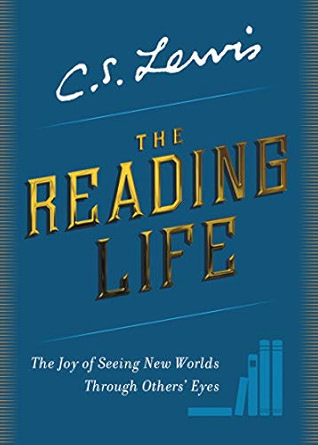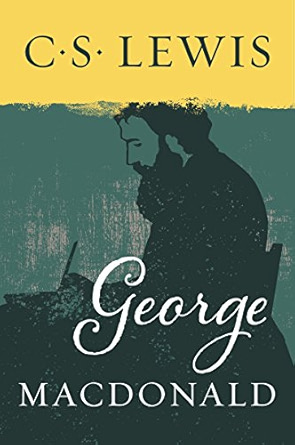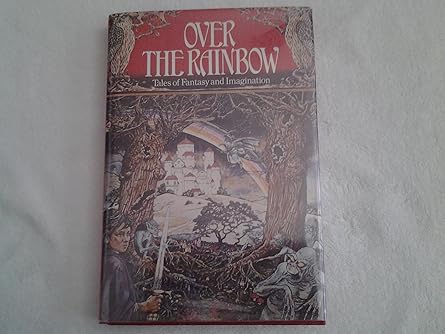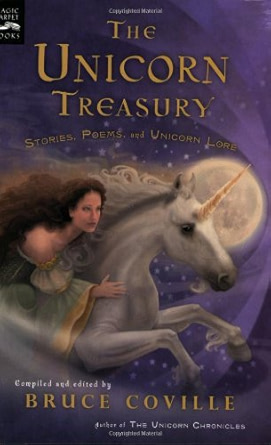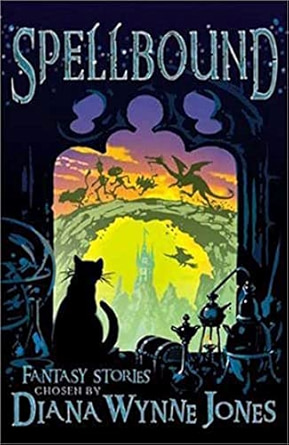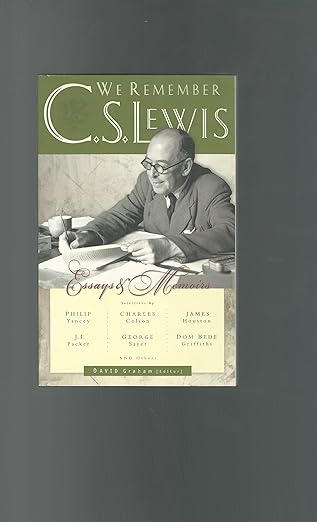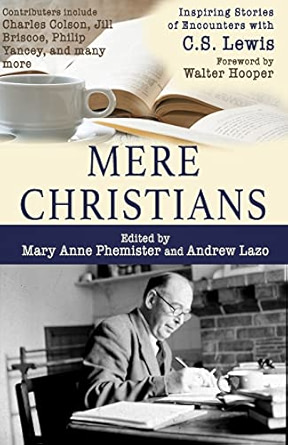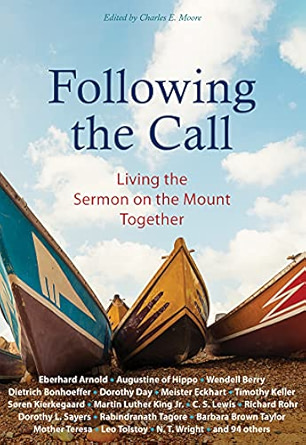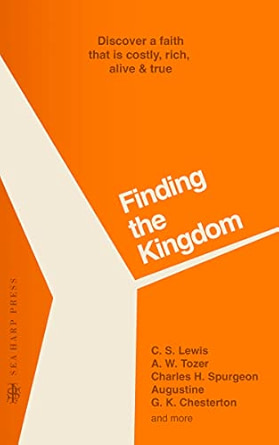C.S. Lewis Books in Order
This reading order guide provides the complete list of C.S. Lewis books in order, from the very first to the latest, so you won’t miss anything!
C.S. Lewis, whose full name was Clive Staples Lewis, is best remembered today as the beloved creator of The Chronicles of Narnia—but his life was far richer and more complex than many people realize. Born in Belfast, Northern Ireland, in 1898, Lewis grew up surrounded by books, imagination, and storytelling. Even as a child, he displayed a unique sense of wonder. At just four years old, after the loss of his dog Jacksie, young Clive insisted on being called by the dog’s name—and from that moment onward, everyone close to him simply called him “Jack.”
Lewis was a curious and passionate boy, fascinated by the magical worlds of Beatrix Potter and other animal tales. Together with his older brother Warren (or “Warnie”), he invented a whole fantasy land called “Boxen,” where animals ruled like kings and queens. These early stories became the seeds of a lifelong love for mythology, fantasy, and the power of imagination.
Though his childhood was filled with fantasy and creativity, it was also marked by hardship. His mother passed away when he was just nine, leaving a deep void in his heart. This loss, combined with a distant relationship with his father, shaped much of Lewis’s emotional world. He found comfort in books, myths, and eventually in the friendships that would become pivotal later in life.
After serving in World War I, Lewis struggled with depression and injuries. He shared a close bond with a fellow soldier, “Paddy” Moore, and kept a promise to care for Moore’s mother, Jane, after Paddy died in battle. Lewis and Mrs. Moore lived together for many years, and she became the mother figure he had long missed. Their relationship was unconventional, deeply emotional, and remained an essential part of Lewis’s life until her final days.
Although he was raised in a religious household—his mother was the daughter of an Anglican priest—Lewis abandoned Christianity in his youth and embraced atheism for a significant period. His experiences in the war and personal losses only deepened his doubts. Yet life has a way of bringing people full circle. In 1931, with gentle but firm persuasion from friends like J.R.R. Tolkien, Lewis found his way back to faith. He described himself as “the most reluctant convert in all England,” but once he returned to Christianity, it transformed the direction of his writing and his purpose in life.
Lewis became not only a writer of fantasy but also a respected Christian thinker. He believed that storytelling could be a powerful way to express deeper truths, and this belief shaped the structure and symbolism of The Chronicles of Narnia. These books, while filled with adventure and magic, also carry themes of redemption, sacrifice, and faith. Through characters like Aslan, the noble lion, Lewis crafted stories that were meaningful for both children and adults.
In his later years, Lewis met Joy Davidman, an American poet and writer. What began as a friendship eventually blossomed into love. Their marriage, originally practical, grew into something deeply emotional and spiritual. Tragically, Joy was diagnosed with terminal cancer shortly after they wed, and she passed away in 1960. Lewis was devastated, but he remained devoted to her children, raising them as his own.
Despite these personal tragedies, Lewis continued to write, teach, and inspire. He published works across genres—essays, novels, Christian apologetics, and poetry. Books like Mere Christianity, The Screwtape Letters, and The Great Divorce remain classics in the field of spiritual literature.
Still, it is The Chronicles of Narnia that most people associate with C.S. Lewis. These seven books, beginning with The Lion, the Witch and the Wardrobe, introduce readers to a magical land filled with talking animals, mythical creatures, epic battles, and deep lessons. Narnia, for many, is not just a place on the page but a part of childhood—a world that feels as real as our own. Lewis didn’t just tell stories; he created a universe that continues to speak to the hearts of readers, generation after generation.
C.S. Lewis passed away in 1963, just one week before his 65th birthday. Though he is no longer with us, his legacy is very much alive. Through his writing, Lewis invites us to explore not just fantasy realms but also the questions of life, death, belief, and love. His books remain bestsellers, his characters unforgettable, and his words deeply human.
Whether you’re diving into Narnia for the first time or revisiting it as an old friend, one thing is certain: C.S. Lewis didn’t just write books—he opened doors to new worlds.
